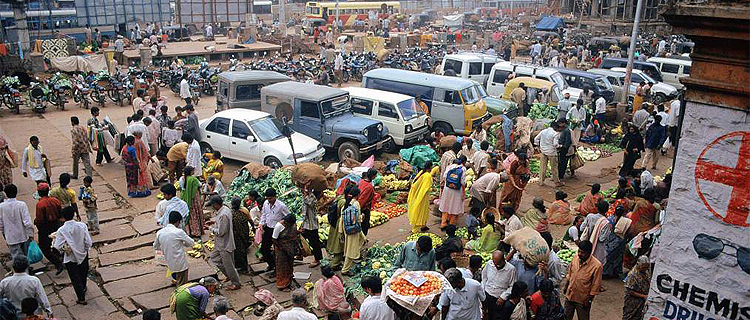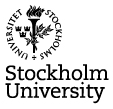
Solutions for a sustainable and desirable future
Seminar with Robert Costanza, 29 May 2012
The seminar is open for everyone and free of charge.
A high and sustainable quality of life is a central goal for humanity. Our current socio-ecological regime and its set of interconnected worldviews, institutions, and technologies all support the vision of unlimited growth of material production and consumption as a proxy for quality of life.
However, abundant evidence shows that, beyond a certain threshold, further material growth no longer significantly contributes to improvement in quality of life. Not only does further material growth not meet humanity's central goal, there is mounting evidence that it creates significant roadblocks to sustainability through increasing resource constraints (i.e., peak oil, water limitations) and sink constraints (i.e., climate disruption, biodiversity loss, pollution).
Overcoming these roadblocks and creating a sustainable and desirable future will require an integrated, systems level redesign of our socio-ecological regime focused explicitly and directly on the goal of sustainable well-being and quality of life rather than the proxy of unlimited material growth.
This transition, like all cultural transitions, will occur through an evolutionary process, but one that we, to a certain extent, can control and direct through the process of shared envisioning. Visions and models of integrated sets of worldviews, institutions, and technologies are needed to stimulate and seed this evolutionary redesign. The process of creating a shared vision of the future is also a key element of real democracy.
About Robert Costanza
Robert Costanza is Distinguished University Professor of Sustainability Institute for Sustainable Solutions (ISS) at Portland State University and Editor in Chief for Solutions magazine.
Dr. Costanza's research has focused on the interface between ecological and economic systems, particularly at larger temporal and spatial scales. This includes landscape level spatial simulation modeling; analysis of energy and material flows through economic and ecological systems; valuation of ecosystem services, biodiversity, and natural capital; and analysis of dysfunctional incentive systems and ways to correct them. He is the author or co-author of over 300 scientific papers.
Time and place
Lecture hall 312
Stockholm Resilience Centre
Kräftriket 2b
Stockholm
Vacancies | Contact | Environmental policy | Cookies
Stockholm Resilience Centre
Stockholm University, Kräftriket 2B | Phone: +46 8 674 70 70 | info@stockholmresilience.su.se
Organisation number: 202100-3062 | VAT No: SE202100306201


